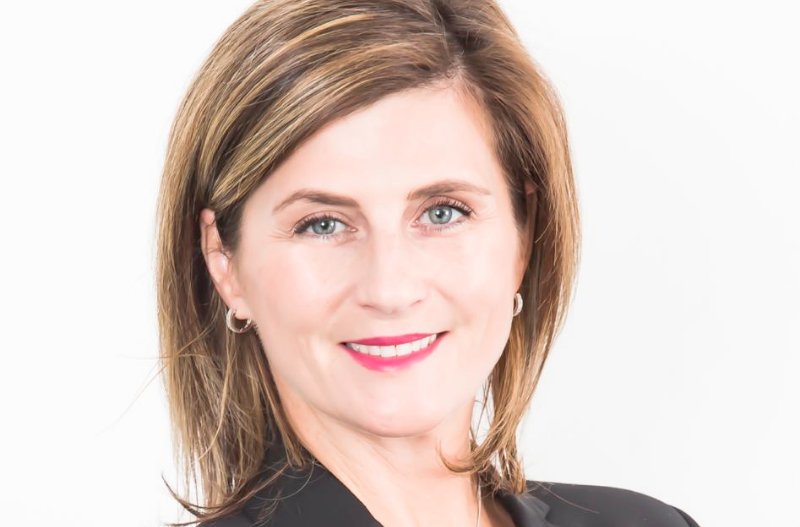MTN to Launch OpenRAN Network in Africa
Africa’s largest telecoms network, MTN Group is leveraging its expansive footprint across the continent to test and ultimately deploy OpenRAN – an innovative technology that will enable it to launch new services more quickly, cost-effectively and seamlessly, supporting future strategies in line with the company’s Ambition 2025: Leading digital solutions for Africa’s progress.

The telco plans to modernise its radio access networks using OpenRAN. This is in line with one of five vital enablers of MTN’s strategy: to build technology platforms that the company believes are second to none, thereby allowing for the rapid expansion of 4G and 5G population coverage across its markets.
Read also:MTN Nigeria Warns of Service Disruption Due to Insecurity
With up-to-date technology, MTN expects a reduction in its power consumption and associated carbon emissions. This, in turn, supports its plans to decarbonise its network and achieve net-zero emissions by 2040, MTN’s Project Zero.
OpenRAN allows for the disaggregation of hardware and software elements of a network, enabling telcos to build a network using components with the same specifications and scale from a diverse base of vendors. This disruptive trend is gaining popularity as the industry seeks to promote an open and interoperable ecosystem between various vendors.
Read also:Cybersecurity Is More than a Tech Problem – It’s a Business Problem Too
MTN says it aims to roll this out by the end of 2021 in collaboration with its partners Altiostar, Mavenir, Parallel Wireless, TechMahindra and Voyage.
As an early adopter, MTN first rolled out open-source technology in 2019 to improve rural coverage. MTN says that this was in line with its belief that everyone deserves the benefits of modern connected life.
To date, MTN has deployed over 1100 commercial sites in more than 11 countries and were among the pioneers of open-source adoption, facilitating cost-effective deployment in unconnected areas.
Read also:Ethiopia Opens Process to Sell 40% Stake in Ethio Telecom
For all mobile network operators, radio access network (RAN) make up the bulk of capital and operating costs. By applying OpenRAN, MTN targets further innovation and cost efficiencies.
“At MTN we are alive to the potential of open interfaces. There is a lot of value that dominant players bring to the business, but telecommunications today is as much about the stability of the network as it is about new services,” says MTN Group CTIO Charles Molapisi.
Read also:The Women that Run Big Business in Africa
“Customers measure us against the speed with which we can deploy the latest technology and we are committed to finding faster and better ways to do that.”
The many benefits of OpenRAN include diversifying the vendor landscape, disrupting the cost flow, and removing dependencies on proprietary suppliers.
The new technology also promises cost savings and flexibility as it allows operators to use generic hardware and open interfaces. It enables a so-called ‘Lego architecture’ where many different vendors supply the components and software products that together make the end-to-end radio network work. By modernising the network, MTN hopes to reduce its power consumption and emissions in support of Project Zero.
“While OpenRAN brings a new architecture to mobile networks and more suppliers to deal with, it gives telcos much-needed flexibility,” says Amith Maharaj, MTN Group Executive: Network Planning and Design.
Read also:Ethio Telecom’s Money Mobile Service, Telebirr, Now Live In Ethiopia. Here Is How To Register
“This means that MTN can now look at building a network that can meet cost and capacity requirements of specific markets, or even rapidly deploy 5G and/or 4G seamlessly with existing legacy services. This is a real game-changer for mobile advancement in emerging markets.”
While the technology is still in its early days and widespread adoption is likely years away, MTN has already collaborated with a number of global players to reap the benefits and trigger innovation. In efforts to drive OpenRAN standardisation, MTN says it is also participating in Facebook’s Telecom Infra Project.
“Early adoption gives us the ability to improve and deploy appropriate network architecture underpinned by technology, both tried and tested, and disruptive, to ensure we continue to deliver an exceptional experience, and ultimately play our part in harnessing the power of technology to lead digital solutions for Africa’s progress,” concludes Molapisi.
Kelechi Deca

Kelechi Deca has over two decades of media experience, he has traveled to over 77 countries reporting on multilateral development institutions, international business, trade, travels, culture, and diplomacy. He is also a petrol head with in-depth knowledge of automobiles and the auto industry



















